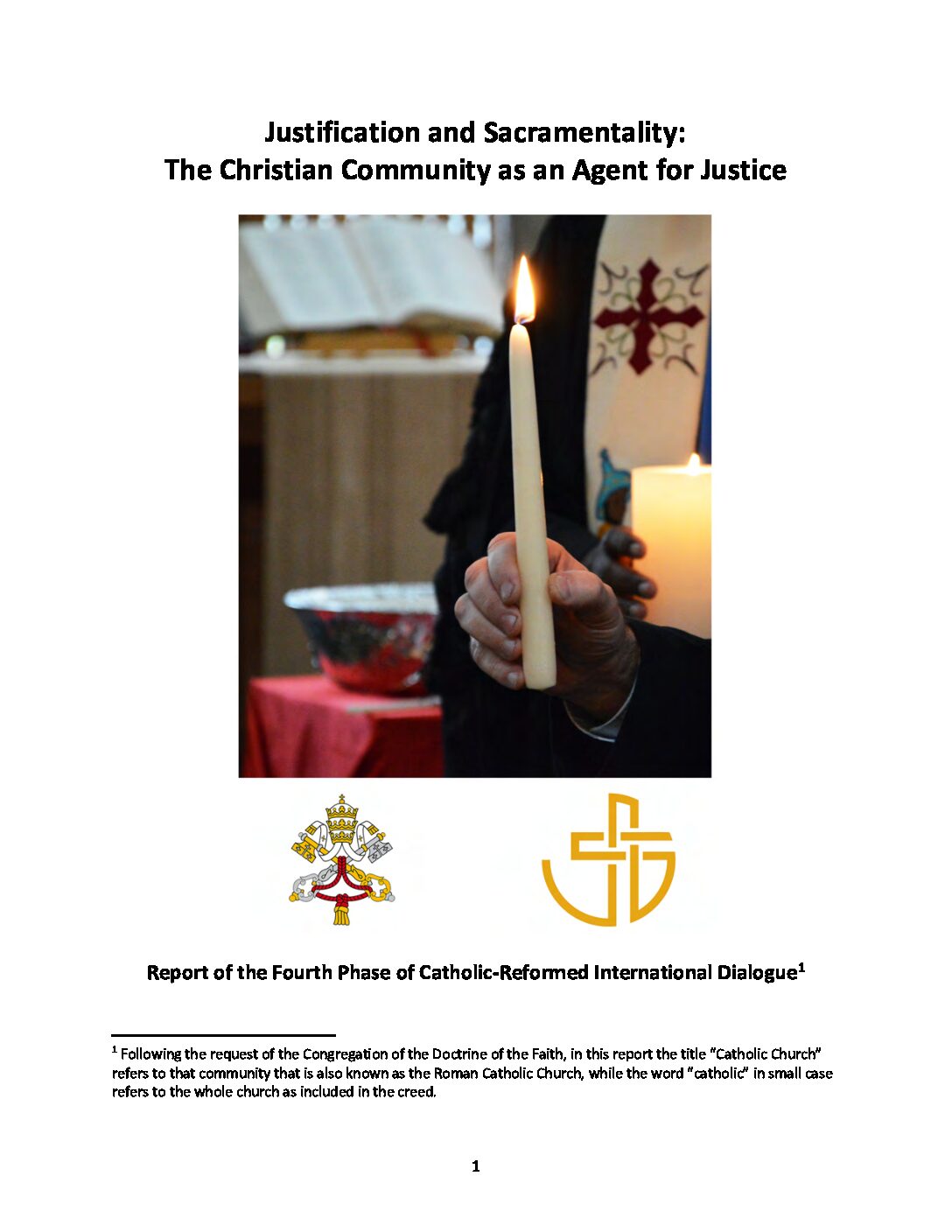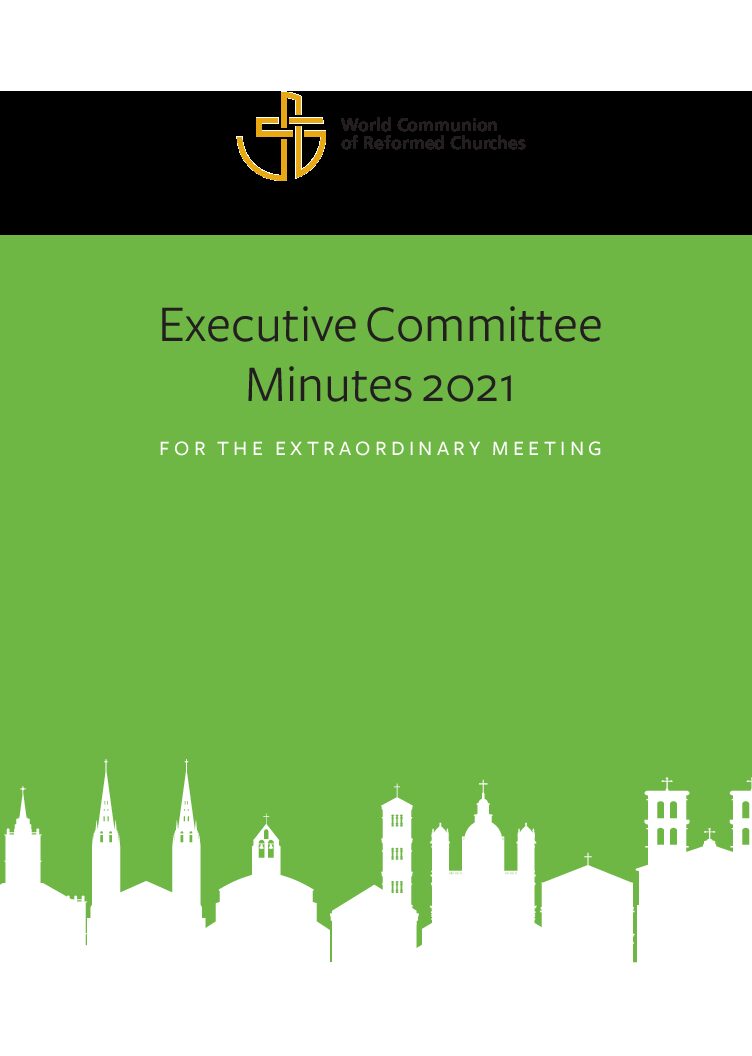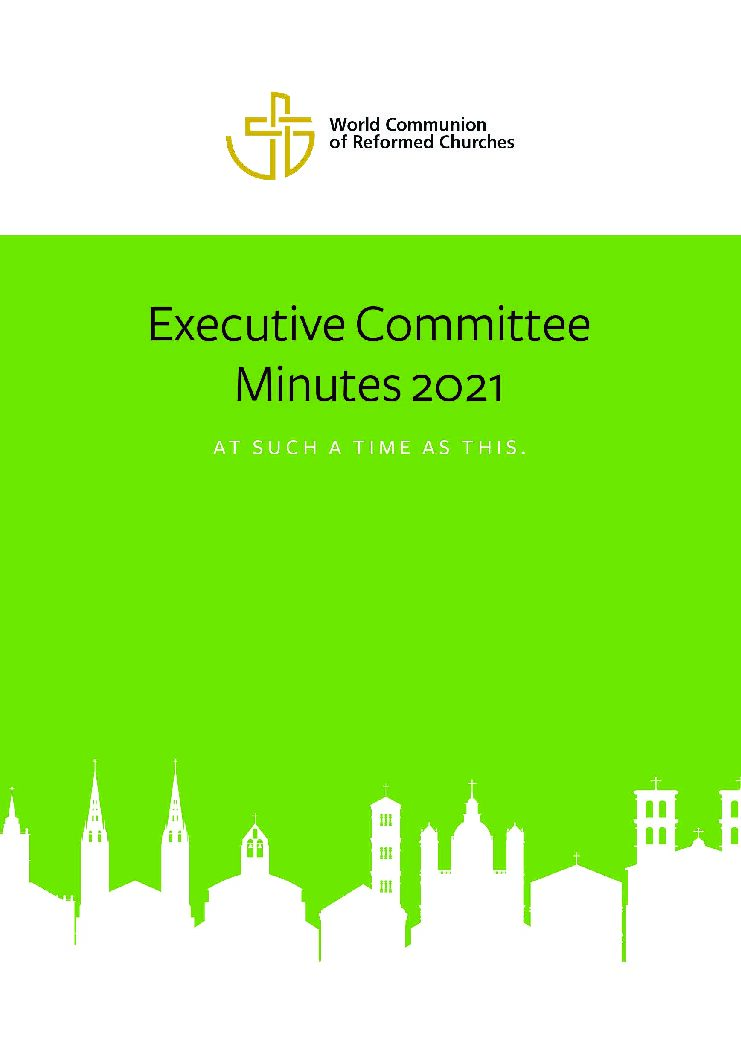ZacTax Campaign
But Zacchaeus stood up and said to the LORD, “Look, Lord! Here and now I give half of my possession to the poor, and if I have cheated anybody out of anything, I will pay back four times the amount.” —Luke 19:8
Zacchaeus is a figure familiar to churches and Christians. He was a tax collector at the time of Jesus, allied with the colonial financial and military system of Jesus’ day. His encounter with Jesus when Jesus invites himself to Zacchaeus’ home prompts Zacchaeus to conversion, repentance, and reparation. Zacchaeus’ changed ways are signs of the changes needed to our systems so that through the fruit of our work and wealth the poor are lifted up and those who have been exploited are recompensed.
- Download the ZacTax Toolkit
Taxation is an important tool for sharing wealth equitably within and across countries as well as for holding corporations and citizens accountable for their responsibility towards upholding the common good, including care for the global ecological commons. It should be the mechanism by which restorative and reparative action can bear fruit.
The global economic system is sinful and oppressive, delivering huge profits for the few and poverty for the many. These inequalities are rooted in a system of enslavement and exploitation of much of humanity as well as the natural world. The ZacTax Campaign views tax justice and reparations as fundamental to challenging this system and creating the grounds for a new one.
Churches can and ought to play an important role in encouraging national and international systems of taxation that: reward work and redistribute gains, promote gender justice and ecological sustainability, and penalize “public bads” such as speculative, polluting, and resource-depleting activities.
These systems would include, among others: progressive taxes, tax relief for the poor and for ecologically-nurturing activities, capital gains and other wealth taxes, financial transaction taxes, carbon taxes, the elimination of tax havens, country-by-country reporting of profits and taxes, unitary methods of corporate taxation, and the creation of a global tax body under aegis of the United Nations (UN).
Our financial system rewards the perpetrators of injustice by privileging capital. We notice how those who were compensated for the transatlantic slave trade were slave owners, it was France that had to be indemnified by its former colony Haiti for emancipation, and it was the British slave owners who received reparations by their government. Reparations only finally repaid in 2015.
In the wake of the financial crisis of 2007/2008 it was the transnational banks which received tremendously costly bailout packages, many of the same banks which, like Lehman and Barclays, benefited from enslavement. The banks and financial systems received bailouts while whole nations and economies have been forced into austerity measures. In both cases the victims have been and still are systematically ignored and excluded. Therefore, the ZacTax Campaign aims at turning upside down these scandalous mechanisms of both historical and contemporary enslavement and exploitation and seeks to transform its underlying power structures.
The campaign therefore calls for a global tax and economic system that acts like Zacchaeus, which delivers equity and makes reparation for exploitation and injustice. Central to this is a redistribution of resources towards impoverished communities in order to deliver social and public good. In addition to this a Zacchaeus system calls for measures such as debt cancellation as reparations for enslavement and colonisation and for irreversible loss and damage arising from climate change.
The ZacTax campaign is a part of the NIFEA program and receives funding from Otto per Mille.









